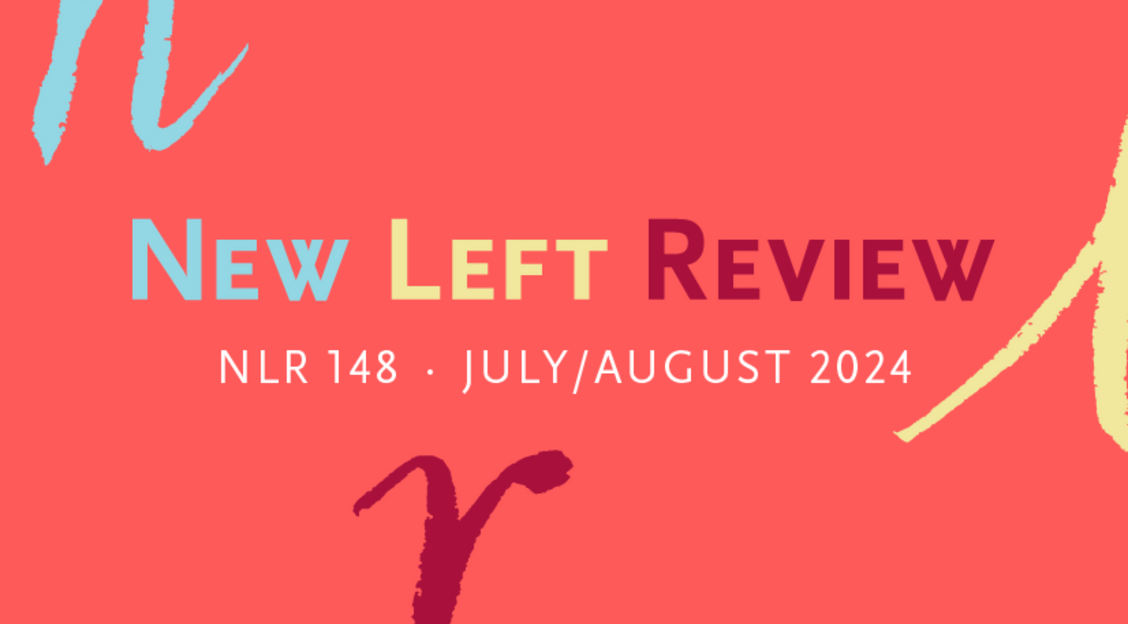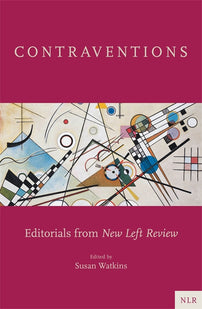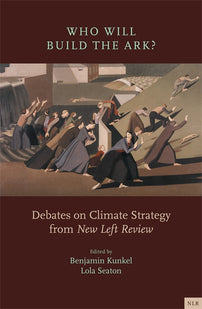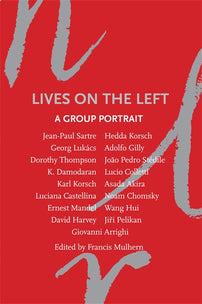New Left Review 148, out now.
As a Labour government takes up the reins in Westminster, Tom Hazeldine analyses the class character of the UK’s 2024 vote and the regionally skewed economy that underlies it.

In the Latest Issue
Tom Hazeldine gives an anatomy of the pincer movement—working-class desertion of the Tories in the Midlands and the North, middle-class Lib–Lab unity in the South—which produced the seat-slide in the 2024 UK election, plus the unprecedented bloc of radical, Green and Muslim MPs to the left of Labour generated by Starmer’s hardline stance.
French politics since 2017 has polarized around three novel forces: Macron’s techno-bourgeois bloc, Le Pen’s far right and Mélenchon’s radical left; Nathan Sperber assesses their dynamics.
Arielle Angel, editor in chief of Jewish Currents, discusses the rejection of the Zionist establishment by a new generation of Jewish Americans, radicalized in solidarity with Gaza.
Rohana Kuddus reveals the dense webs of dynastic kinship and oligarchic cronyism that helped Indonesia’s ex-Red Beret president into office.
As death by hunger stalks millions in the Horn of Africa, Joshua Craze explains the politics of the international famine bureaucracy.
Julian Stallabrass proposes a critical framework for addressing the eerie pseudo-realist ‘photographs’ produced by prompts to AI.
Enrica Villari reconstructs Moretti’s evolving theory of the novel.
And Jan Breman and Marcel van der Linden examine global systems of migration as seen from below.
[book-strip index="1" style="buy"]


